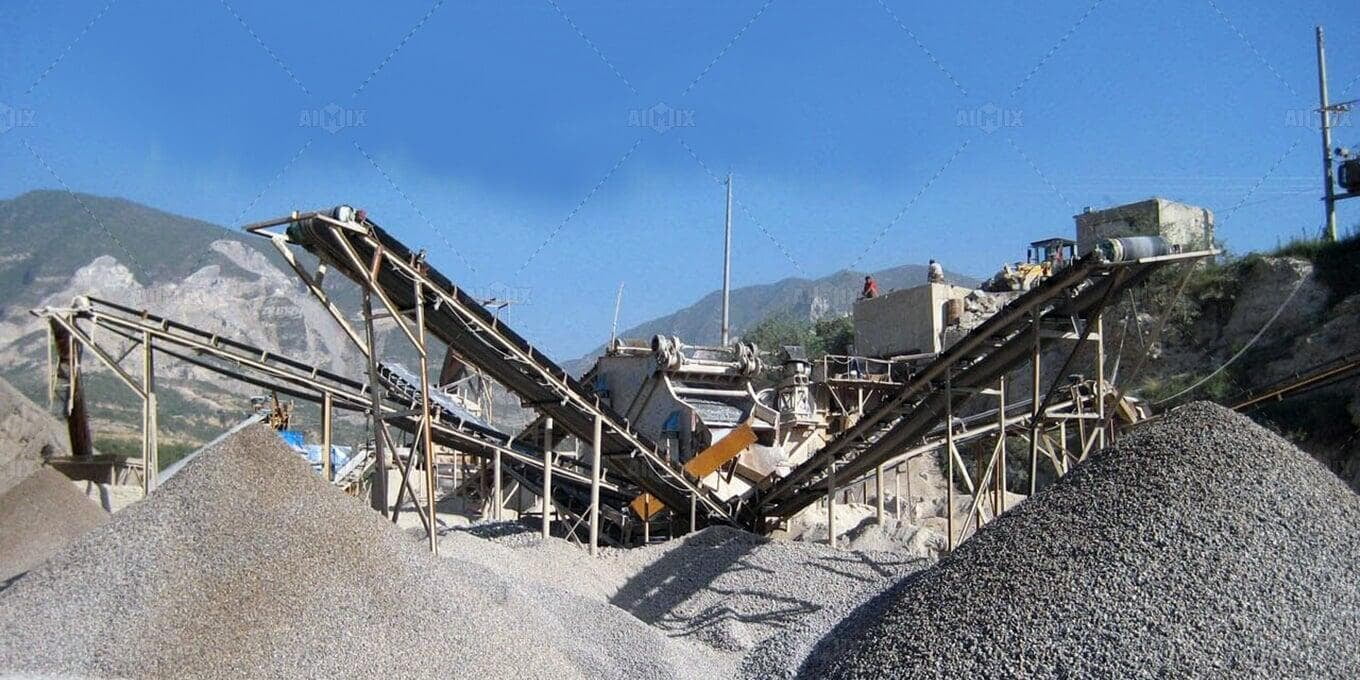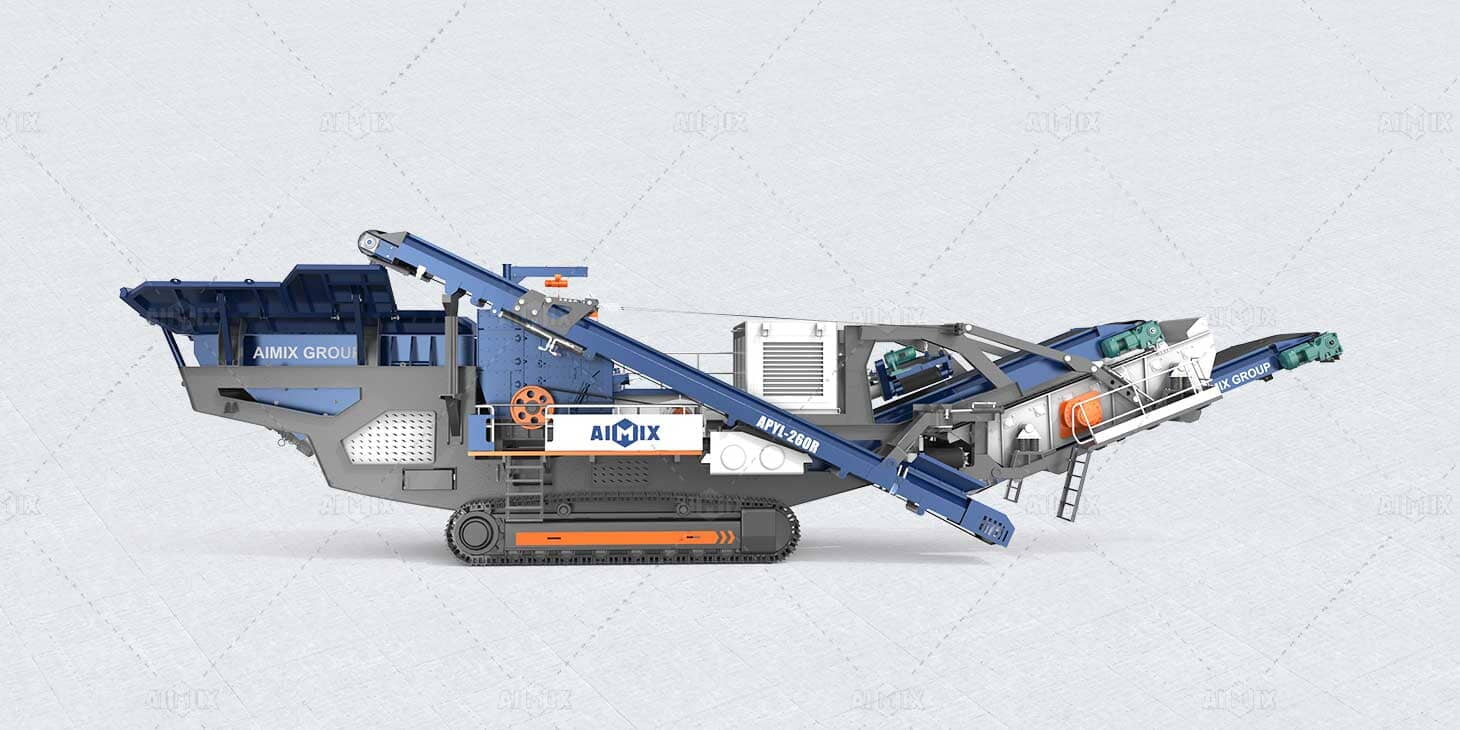The acquisition of a 200 TPH stone crusher is a significant investment, influenced by a myriad of factors that extend beyond the initial purchase price. Understanding the various cost components, the elements that contribute to 200 tph stone crusher price variations, and the long-term implications of this equipment can provide a clearer picture for potential buyers.

Understanding the Cost Components
The cost structure of a 200 TPH stone crusher is multifaceted, encompassing both initial purchase expenses and ongoing operational costs.
Initial Purchase Price
The initial outlay for a stone crusher can vary dramatically based on several determinants. These include the manufacturer, the model specifications, and the geographic location of the buyer. High-quality crushers, often from reputable brands, may command a premium price due to their enhanced durability and efficiency. Additionally, local market conditions and import tariffs can further influence the base price. Buyers must also consider ancillary costs such as transportation and installation, which can significantly elevate the total expenditure.
Operational Expenses
Beyond the initial purchase price, operational expenses are a crucial aspect of the total cost of ownership. These expenses encompass aspects such as energy consumption, maintenance, and labor. A 200 TPH stone crusher typically requires substantial power, and electricity costs can accumulate quickly. Maintenance, too, is an ongoing expense that should not be overlooked; regularly scheduled servicing and replacement parts are vital for ensuring the equipment operates optimally. Buyers should conduct a thorough analysis of these factors to gauge the true cost of ownership.

Factors Influencing Price Variation
Several key factors contribute to the variability in pricing for 200 TPH stone crushers, highlighting the importance of informed decision-making.
Brand and Quality
The brand of the stone crusher plays a pivotal role in determining its price. Established manufacturers often offer products that are backed by a robust reputation for reliability and performance. These brands invest in research and development, which can enhance the technological capabilities of their equipment. Conversely, lesser-known brands may present lower upfront costs but often compromise on quality and longevity. Thus, the adage "you get what you pay for" is particularly pertinent in the context of heavy machinery.
Technological Features
Modern stone crushers come equipped with a range of technological innovations designed to improve efficiency, reduce emissions, and enhance operator safety. Features such as automated controls, advanced monitoring systems, and energy-efficient designs can substantially elevate the price of a unit. Buyers must evaluate the return on investment these technologies offer—while they may incur a higher initial cost, the potential for reduced operational expenses and increased productivity can justify the investment.
Long-Term Investment Considerations
When contemplating the purchase of a 200 TPH stone crusher, it is essential to consider long-term investment implications that can significantly affect overall satisfaction and profitability.
Maintenance and Durability
Durability is a critical factor that influences both maintenance requirements and the overall lifespan of the crusher machine for sale. Equipment that is built with high-quality materials and superior engineering typically requires less frequent repairs and can withstand the rigors of heavy usage. Prospective buyers should inquire about warranty provisions and service agreements, as these can provide insights into the expected longevity of the equipment and the manufacturer's commitment to quality.
Resale Value and Market Demand
The resale value of a stone crusher is an often-overlooked aspect of its cost. Equipment that retains its value well can significantly mitigate the financial impact of the initial investment. Market demand for specific models can fluctuate based on industry trends and technological advancements. Therefore, understanding the market landscape and potential future shifts is paramount for making an informed purchasing decision. Investing in a model with a strong reputation and demand can yield substantial returns when it comes time to sell or upgrade.
In conclusion, the price of a 200 TPH stone crusher is influenced by a confluence of factors that extend beyond mere numbers. By comprehensively understanding the cost components, recognizing the variables that affect price, and contemplating long-term investment considerations, buyers can make informed decisions that align with their operational goals and financial strategies.

